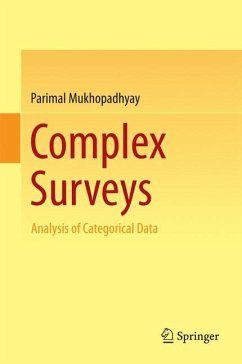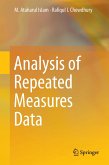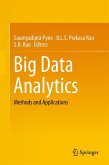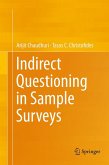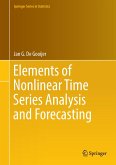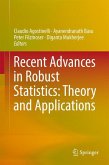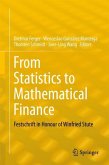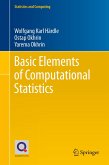The primary objective of this book is to study some of the research topics in the area of analysis of complex surveys which have not been covered in any book yet. It discusses the analysis of categorical data using three models: a full model, a log-linear model and a logistic regression model. It is a valuable resource for survey statisticians and practitioners in the field of sociology, biology, economics, psychology and other areas who have to use these procedures in their day-to-day work. It is also useful for courses on sampling and complex surveys at the upper-undergraduate and graduate levels.
The importance of sample surveys today cannot be overstated. From voters' behaviour to fields such as industry, agriculture, economics, sociology, psychology, investigators generally resort to survey sampling to obtain an assessment of the behaviour of the population they are interested in. Many large-scale sample surveys collect data using complex surveydesigns like multistage stratified cluster designs. The observations using these complex designs are not independently and identically distributed - an assumption on which the classical procedures of inference are based. This means that if classical tests are used for the analysis of such data, the inferences obtained will be inconsistent and often invalid. For this reason, many modified test procedures have been developed for this purpose over the last few decades.
The importance of sample surveys today cannot be overstated. From voters' behaviour to fields such as industry, agriculture, economics, sociology, psychology, investigators generally resort to survey sampling to obtain an assessment of the behaviour of the population they are interested in. Many large-scale sample surveys collect data using complex surveydesigns like multistage stratified cluster designs. The observations using these complex designs are not independently and identically distributed - an assumption on which the classical procedures of inference are based. This means that if classical tests are used for the analysis of such data, the inferences obtained will be inconsistent and often invalid. For this reason, many modified test procedures have been developed for this purpose over the last few decades.
"The reason behind writing this book, according to the author, is to review 'some of the ideas that have blown out in the field of analysis of categorical data from complex surveys'. It is nice to have such a collection spread over in the literature at one place ... . He arranged these ideas ... with illustrative examples. ... The book will be useful to researchers in the field of analysis of complex survey data dealing with several categories." (T. J. Rao, zbMATH 1394.62004, 2018)
"The author does an excellent job of presenting the mathematical treatment of the analysis of complex survey data under classical categorical data analytic methodology. ... For the interested reader, he also provides an extensive reference section which contains the relevant work of these researchers." (Stephen J. Ganocy, Technometrics, Vol. 59 (3), July, 2017)
"The text contains informative literature reviews and references to background and software (a bibliography of about 250 items). ... The technical material is well organized. A strength of the monograph is the combination of the two topics, given that categorical data is so dominant in (human) population surveys. This is an indispensable text for the analyst engaged in model-based analysis of survey data." (Nicholas T. Longford, Mathematical Reviews, January, 2017)
"The author does an excellent job of presenting the mathematical treatment of the analysis of complex survey data under classical categorical data analytic methodology. ... For the interested reader, he also provides an extensive reference section which contains the relevant work of these researchers." (Stephen J. Ganocy, Technometrics, Vol. 59 (3), July, 2017)
"The text contains informative literature reviews and references to background and software (a bibliography of about 250 items). ... The technical material is well organized. A strength of the monograph is the combination of the two topics, given that categorical data is so dominant in (human) population surveys. This is an indispensable text for the analyst engaged in model-based analysis of survey data." (Nicholas T. Longford, Mathematical Reviews, January, 2017)

